The Globalization Paradox
Also by Dani Rodrik
One Economics, Many Recipes: Globalization, Institutions, and
Economic Growth
Has Globalization Gone Too Far?
The Globalization Paradox
Democracy and the Future of the World Economy
Dani Rodrik

W. W. NORTON & COMPANY
NEW YORK LONDON
Copyright 2011 by Dani Rodrik
All rights reserved
For information about permission to reproduce selections from this book, write to Permissions, W. W. Norton & Company, Inc., 500 Fifth Avenue, New York, NY 10110
Library of Congress Cataloging-in-Publication Data
Rodrik, Dani.
The globalization paradox: democracy and the future of the world economy / Dani Rodrik.
p. cm.
Includes bibliographical references.
ISBN: 978-0-393-07161-0
1. GlobalizationEconomic aspects. 2. International economic integration. 3. International economic relations. I. Title.
HF1418.5.R6425 2011
337dc22
2010037728
W. W. Norton & Company, Inc.
500 Fifth Avenue, New York, N.Y. 10110
www.wwnorton.com
W. W. Norton & Company Ltd.
Castle House, 75/76 Wells Street, London W1T 3QT
To etin Do an
an
An extraordinary man whose dignity, fortitude, and resolve will prevail
over the great injustice he has been forced to endure.
CONTENTS
INTRODUCTION
Recasting Globalizations Narrative
I published a little book early in 1997 called Has Globalization Gone Too Far ? A few months later, the economies of Thailand, Indonesia, South Korea, and other countries in Southeast Asia stood in tatters, casualties of a massive international financial whiplash. These countries had been growing rapidly for decades and had become the darlings of the international financial community and development experts. But all of a sudden international banks and investors decided they were no longer safe places to leave their money in. A precipitous withdrawal of funds ensued, currencies took a nose-dive, corporations and banks found themselves bankrupt, and the economies of the region collapsed. Thus was born the Asian financial crisis, which spread first to Russia, then to Brazil, and eventually to Argentina, bringing down with it Long-Term Capital Management (LTCM), the formidable and much-admired hedge fund, along the way.
I might have congratulated myself for my prescience and timing. My book eventually became a top seller for its publisher, the Washington-based Institute for International Economics (IIE), in part, I suppose, because of the IIEs reputation as a staunch advocate for globalization. It was a kind of a Nixon-in-China effect. Skepticism about globalization was more interesting when it came from a quarter where it was least expected. A pro-globalization think tank publishes study by Harvard professor who warns globalization is not what its cracked up to benow that is something worth paying attention to!
Alas, I was far from getting it right. My book was oblivious to the crisis brewing in financial markets. In fact, not only had I not foreseen the coming storm, I had decided to leave financial globalizationthe trillions of dollars in currencies, securities, derivatives, and other financial assets exchanged globally on a daily basisout of the book altogether. Instead, I had focused on the difficulties that international trade in goods was generating in labor markets and for social policies. I worried that the boom in international commerce and outsourcing would exacerbate inequality, accentuate labor market risks, and erode the social compact within nations. These conflicts need to be managed, I argued, through more extensive social programs and better international rules. I had decided to write the book because my colleagues in the economics profession were pooh-poohing such concerns and missing an opportunity to engage productively in the public debate. I believe I was right at the time, and the economics profession as a whole has since moved much closer to the views I expressed then. But the downside of financial globalization? That was not on my radar screen at the time.
In the years that followed the Asian financial crisis, my research increasingly turned toward understanding how financial globalization worked (or didnt). So when, ten years later, the International Monetary Fund asked me to prepare a study on this topic, I felt I was prepared. The article I wrote in 2007 with my co-author Arvind Subramanian was titled Why Did Financial Globalization Disappoint? The promise of financial globalization was that it would help entrepreneurs raise funds and reallocate risk to more sophisticated investors better able to bear it. Developing nations would benefit the most, since they are cash-poor, subject to many shocks, and less able to diversify. That is not how things turned out. The better performing countriessuch as Chinawere not the countries receiving capital inflows but the ones that were lending to rich nations. Those who relied on international finance tended to do poorly. Our article tried to explain why unleashing global finance had not delivered the goods for the developing nations.
No sooner had we sent the article to the printer than the subprime mortgage crisis broke out and enveloped the United States. The housing bubble burst, prices of mortgage-backed assets collapsed, credit markets dried up, and within months Wall Street firms had committed collective suicide. The government had to step in, first in the United States and then in other advanced economies, with massive bailouts and takeovers of financial institutions. Financial globalization lay at the core of the crisis. The housing bubble and the huge edifice of risky derivatives it gave rise to were instigated by the excess saving of Asian nations and petrostates. That the crisis could spread so easily from Wall Street to other financial centers around the world was thanks to the commingling of balance sheets brought on by financial globalization. Once again, I had missed the bigger event unfolding just beyond the horizon.
I was hardly alone, of course. With very few exceptions economists were busy singing the praises of financial innovation instead of emphasizing the hazards created by the growth in what came to be known as the shadow banking system, a hub of unregulated finance. Just as in the Asian financial crisis, they had overlooked the danger signs and ignored the risks.
Neither of the crises should have come as a total surprise. The Asian financial crisis was followed by reams of analysis which in the end all boiled down to this: it is dangerous for a government to try to hold on to the value of its currency when financial capital is free to move in and out of a country. You could not have been an economist in good standing and not have known this, well before the Thai baht took its plunge in August 1997. The subprime mortgage crisis has also generated a large literature, and in view of its magnitude and momentous implications, surely much more will be written. But some of the key conclusions are not hard to foresee: markets are prone to bubbles, unregulated leverage creates systemic risk, lack of transparency undermines confidence, and early intervention is crucial when financial markets are going belly-up. Didnt we know all this from as long ago as the famous tulip mania of the seventeenth century?
These crises transpired not because they were unpredictable but because they were unpredicted . Economists (and those who listen to them) had become overconfident in their preferred narrative of the moment: markets are efficient, financial innovation transfers risk to those best able to bear it, self-regulation works best, and government intervention is ineffective and harmful. They forgot that there were many other storylines that led in radically different directions. Hubris creates blind spots. Even though I had been a critic of financial globalization, I was not immune from this. Along with the rest of the economics profession I too was ready to believe that prudential regulations and central bank policies had erected sufficiently strong barriers against financial panics and meltdowns in the advanced economies, and that the remaining problem was to bring similar arrangements to developing countries. My subplots may have been somewhat different, but I was following the same grand narrative.

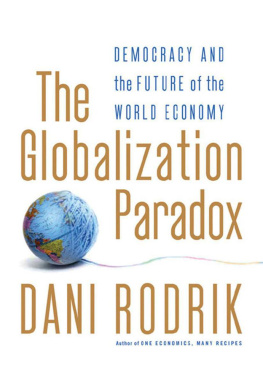
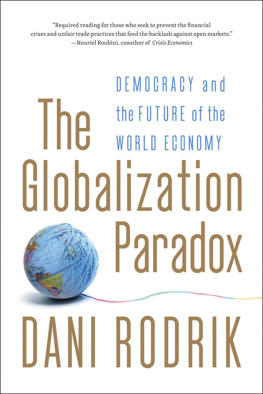
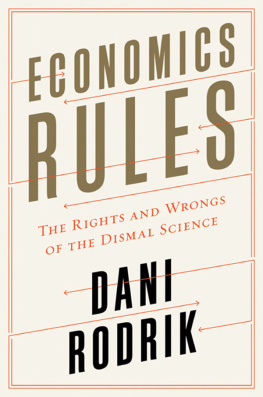
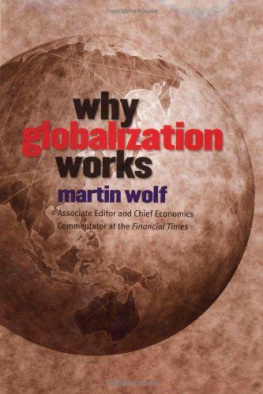
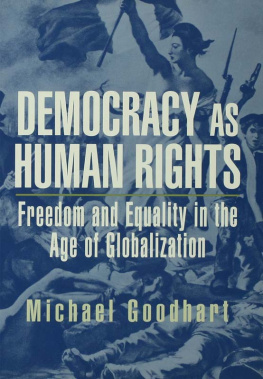
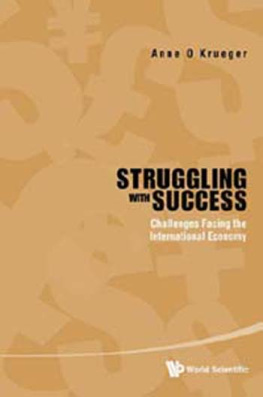
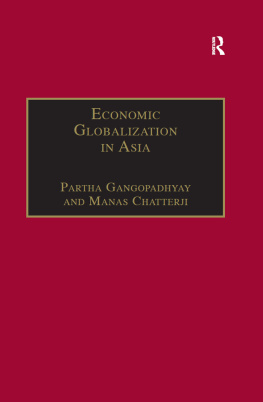
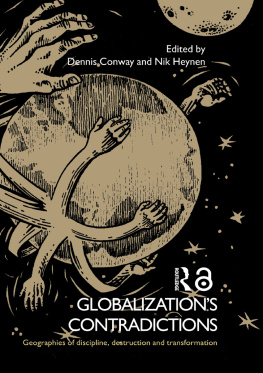
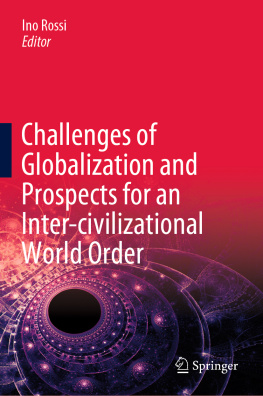
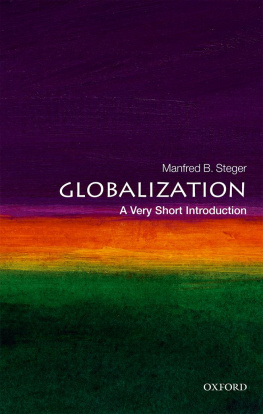

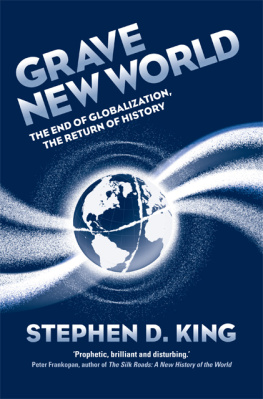
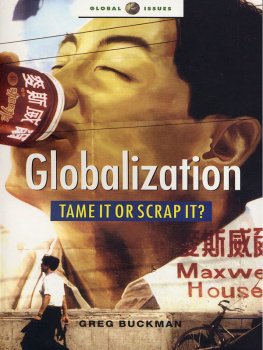

 an
an